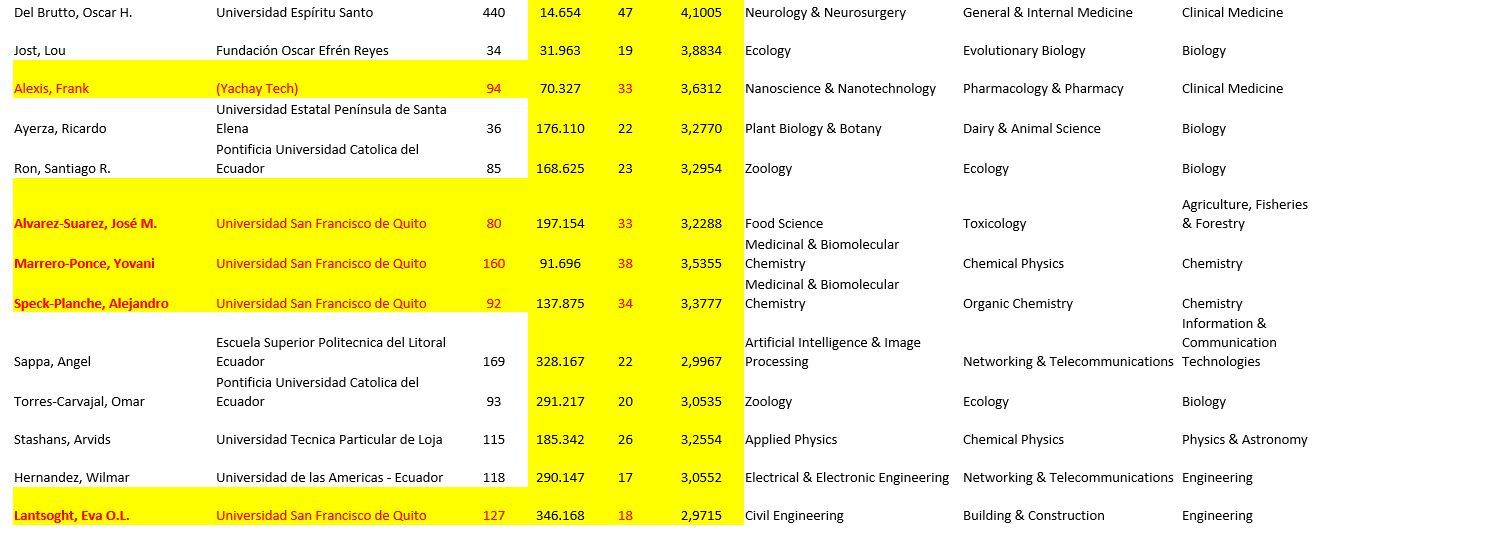
PhD Talk for AcademicTransfer: Time blocking for researchers
This post is part of the series PhD Talk for AcademicTransfer: posts written for the Dutch academic career network AcademicTransfer, your go-to resource for all research positions in the Netherlands.
These posts are sponsored by AcademicTransfer, and tailored to those of you interested in pursuing a research position in the Netherlands.
If these posts raise your interest in working as a researcher in the Netherlands, even better – and feel free to fire away any questions you might have on this topic!
If you have an interest in productivity writing, then you may have noticed that time blocking has been receiving a lot of attention lately. Time blocking is being praised as the best solution to battle distraction in our age of relentless email floods and tasks that come in from all sides. There’s even a dedicated analog time blocking planner on the market.
So, what is time blocking? In it’s simplest form, time blocking is the opposite of multitasking. Maybe you’ve found yourself one day working on an article. Then, an email pops up, and you check the email. You open the attachment, and start reading half of the attachment. Afterwards, you click to another email, and read the message. You start thinking of what you want to reply, but you don’t get to actually writing the reply. Sounds familiar? Before you know it, you have spend your entire day floating from one thing to the other – and your article sits there, untouched. When you timeblock, you set aside a certain amount of time to dedicate your thoughts and efforts exclusively to one thing, such as writing your article.
How can we apply time blocking as researchers? There are several methods you can use here, depending on how you usually plan:
- If you make lists: Use your list to find out what your priorities for the next day are. Try to limit yourself to maximum three priorities. Set aside blocks of time that are large enough to work on these priorities. Then, work the smaller things that are on your list into the space that is left between the large blocks of concentrated work. You may want to consider processing a lot of small tasks together into a general block of processing to-dos.
- If you use a daily agenda: If you sue a daily agenda that holds your appointments, you can look at the upcoming day. If you already have meetings in your agenda, identify when there is time to work on your priorities for research. Reserve the larger chunks of time in between or before meetings for your research work. Then, fill in the smaller slots of time with the to-dos that need to be done as well.
- If you work with a weekly template: If you use a weekly template, you can be more conscious with the landscape of the entire week. Some recurring activities, such as lecturing, may happen only two days a week. You may also limit the time you make available for meetings so that you can free up larger chunks of time for research and writing. Then, you can assign the smaller blocks after and in between meetings to the processing of smaller items on your to do list.
How do I use time blocking? Since I use a weekly template, I have been time blocking for quite a while. Of course, I get distracted every now and then. I also batch tasks and then put aside timeslots to process tasks of different categories. The categories that I use are: research, writing, service, admin, contacts & appointments, ACI Avances (for the journal I manage), personal, Adeline, and blog. Tasks in the research and writing categories are often not research and writing activities, but things such as following up with coauthors, or other smaller things. All tasks in my todoist lists go into these categories, and these tasks get assigned to days in which I have blocks of time for these categories.
Similarly, I sort all emails into folders with these categories, and address these categories during their assigned time slots over the course of the week. The result is that I manage to free up larger chunks of time to dedicate to research and writing, or other types of work that require more focus, and that I can take care of the smaller items in one go, instead of getting distracted by a neverending influx of emails
Do you use time blocking? How do you apply the method?


